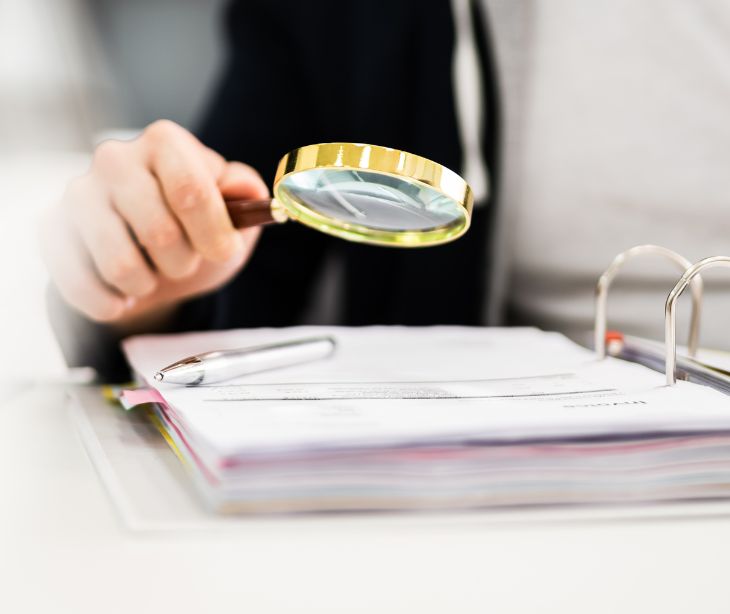2 min read
What are HIPAA’s data sharing provisions for healthcare fraud and abuse?
Liyanda Tembani
September 26, 2023

HIPAA is not solely about fortifying patient privacy; it also includes provisions that allow for data sharing in healthcare fraud and abuse investigations.
HIPAA's Privacy Rule and its role in upholding patient privacy
The HIPAA Privacy Rule sets the standards for the protection of PHI, ensuring that the confidentiality and security of patients' sensitive health information remain uncompromised. The Privacy Rule is protection against unwarranted disclosures and firmly establishes the importance of protecting patient privacy. However, it also recognizes situations where controlled disclosures are necessary, such as healthcare fraud and abuse investigations.
Related: What is the HIPAA Privacy Rule?
What disclosures are permitted for healthcare fraud and abuse investigations?
Under the HIPAA Privacy Rule, several provisions enable the sharing of PHI during healthcare fraud and abuse investigations:
- Disclosure to the Department of Health and Human Services (HHS) Office of the Inspector General (OIG): At the forefront of tackling healthcare fraud and abuse cases is the HHS Office of the Inspector General (OIG). HIPAA grants covered entities such as healthcare providers and health plans the authority to disclose PHI to the OIG for investigations. This provision ensures that fraudulent activities within the healthcare system can be systematically addressed, fostering transparency and accountability.
- Disclosure to law enforcement agencies: HIPAA extends its provisions to facilitate the collaboration between healthcare entities and law enforcement agencies during investigations into healthcare fraud and abuse. These disclosures come with a condition: they must comply with legal processes. This typically involves obtaining a warrant, subpoena, or other legal authorization, guaranteeing that patient information is accessed only for bona fide law enforcement purposes. This legal framework balances investigative requirements and the preservation of patient privacy rights.
- Disclosure to other government agencies: Beyond the OIG and law enforcement entities, HIPAA permits sharing PHI with other government agencies actively involved in healthcare fraud investigations. This includes the Medicare Fraud Strike Force and the Department of Justice. These collaborative efforts collectively target and mitigate fraudulent activities within the healthcare sector.
The legal process and patient privacy
Integral to HIPAA's data sharing provisions for healthcare fraud and abuse investigations is the assurance that patient privacy rights remain intact. The legal process ensures this protection:
- Disclosures to law enforcement agencies are contingent upon legal authorization, such as acquiring a warrant or a subpoena, which must be strictly adhered to in accessing patient information.
- The legal framework is a shield for patient privacy, ensuring that PHI is accessed only for legitimate investigative purposes.
The minimum necessary standard
Within the Privacy Rule, HIPAA establishes the minimum necessary standard, a mandate that underscores the principle of sharing only the minimum amount of PHI required for a given investigation. This standard governs the actions of healthcare providers and organizations, prohibiting the sharing of excessive or unnecessary patient information. By adhering to this standard, patient privacy remains fortified.
Safeguards and HIPAA compliance
In addition to legal and procedural measures, HIPAA mandates the implementation of security safeguards to protect PHI during investigations. Covered entities must comply with these security requirements, encompassing elements like:
- Access controls
- Encryption
- Systematic risk assessments.
HIPAA's data sharing provisions for healthcare fraud and abuse investigations permit the necessary disclosures to law enforcement and government entities while safeguarding patient privacy rights.
Subscribe to Paubox Weekly
Every Friday we'll bring you the most important news from Paubox. Our aim is to make you smarter, faster.




